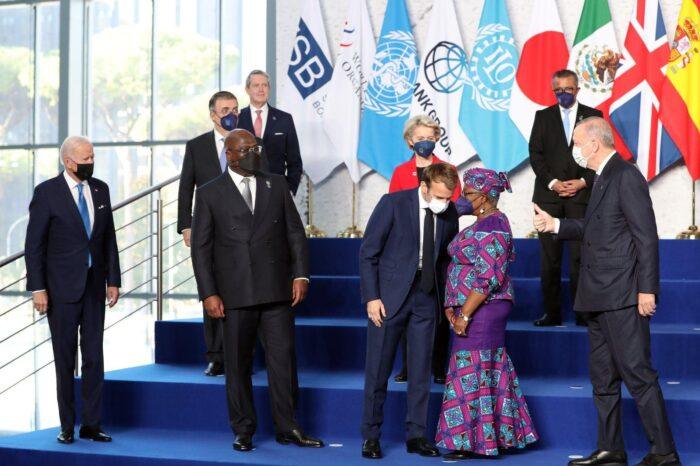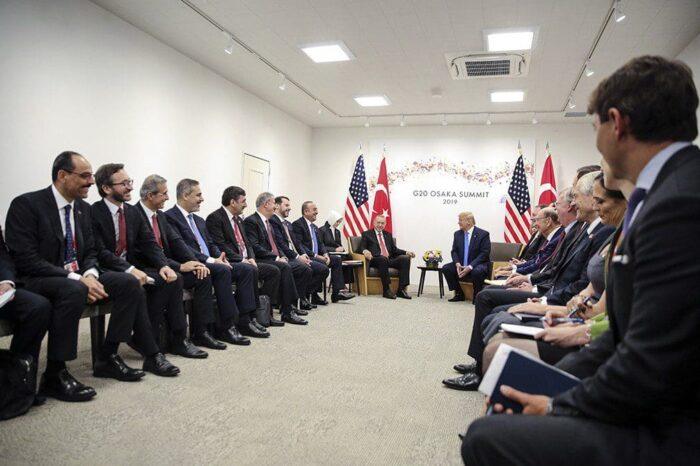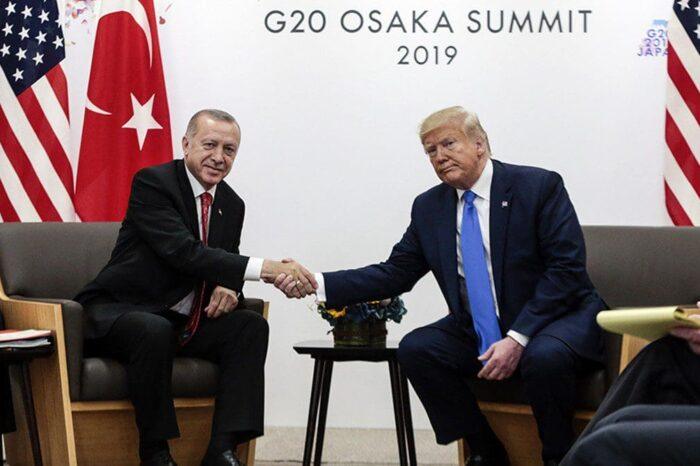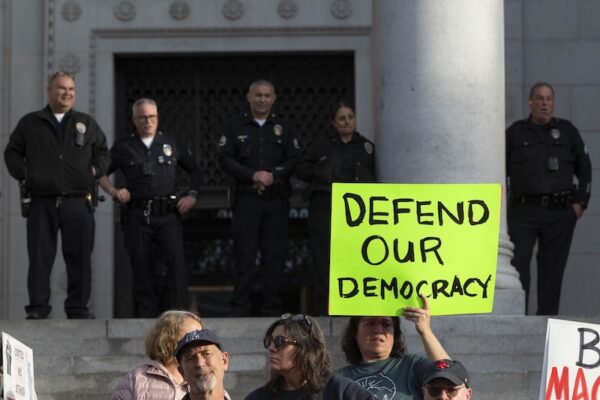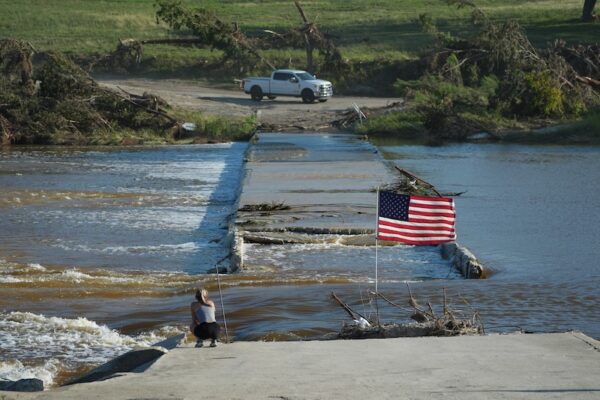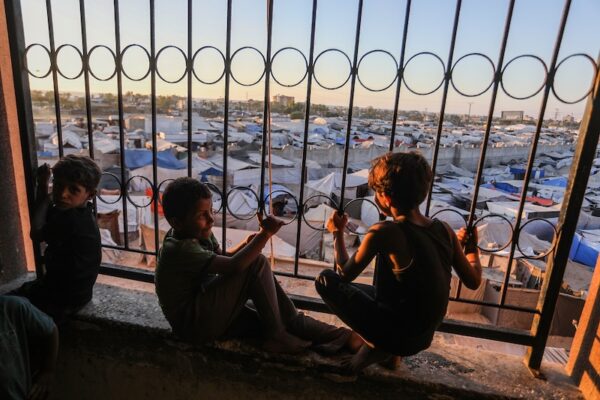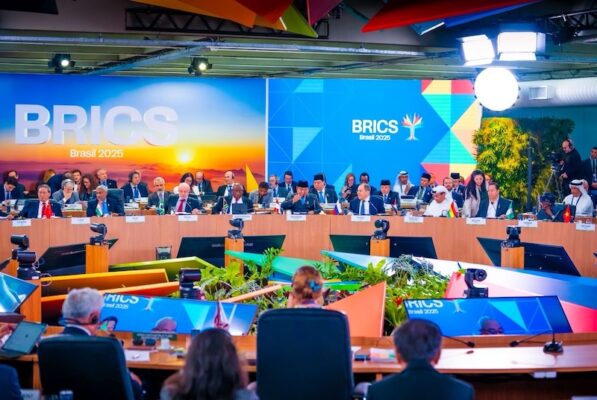Midnight in Paris and the G20 Meeting
At the G20 meeting, leaders should consider the events in Paris as a wakeup call for the fight against terrorism and for the future of international security.
Woody Allen in his romantic comedy “Midnight in Paris” presents the story of Hollywood screenplay writer Gill Pender, who is in love with the “city of lights.” During his stay in Paris, he starts to time travel to the 1920s Paris, which he considered the best period that the best city on earth ever had. Every day at midnight a car takes him to 1920s Paris and introduces this would-be novelist to the most significant artists, authors and song writers who were present in Paris in those years. Gill meets Cole Porter and listens to “Let’s Fall in Love,” engages in conversation with Salvador Dali, parties with F. Scott Fitzgerald, debates with Ernest Hemingway about his work and gets feedback for his draft manuscript from Gertrude Stein. Among Allen’s movies on different European cities “Midnight in Paris” probably generated the biggest impact. Viewers see the cultural and intellectual life in the city during those years and doubtless many want to spend time in Paris in that time period. Later James Fox produced a documentary called “Bright Lights, Brilliant Minds: A Tale of Three Cities,” which told the story of these years and the emergence of the wave of surrealism in the arts in Paris.
On Friday night the residents of that beautiful city traveled to a different time and experienced one of the worst periods in its history. In terms of its horror and fear, Friday night in Paris was almost surreal. In a well-organized and scheduled series of terrorist attacks in different districts of Paris, the terrorists killed more than 120 people and wounded many others. Parisians and tourists who enjoyed a mild fall night in Paris became the target of international terrorism. This was the deadliest attack in the history of the city since the World War II and the second attack on the city in 2015. The early reports demonstrated that the attack was organized by the Islamic State of Iraq and al-Sham (ISIS) or its affiliated groups. ISIS in a statement claimed responsibility for the attack but did not provide any more information about the attackers’ identity and how it was planned.
This tragic incident in Paris once again reminded the world that the threat of terrorism is real and present and we need an international effort to deal with this growing threat. If it is confirmed, the attacks will be another attack organized by ISIS within the last month, leading to a huge number of casualties, including in Ankara and Beirut and the Sinai plane bombing. All of these attacks demonstrated that in contrast to expectations, the terrorist group is increasing its “terror projection” capability overseas and demonstrating its ability to mutate when it feels that its dream of statehood is challenged by the international coalition. So ISIS, which was considered terrorism 3.0, is going back and utilizing the tactics of terrorism 1.0. The attacks at the same time show that the efforts of the international coalition to fight against ISIS will not destroy ISIS but only changes its form. It also demonstrated that the airstrikes and using different groups as ground troops in Syria and Iraq will not eliminate ISIS. Under these circumstances ISIS is carrying the conflict overseas and instead of local goals it is aiming to globalize its operational capability.
Although everybody is aware of this growing threat and although there is much discussion about how to cooperate and coordinate this effort in the coming months, the world failed to stop the increasing power of the organization. As projected by many, the situation in Syria became an important source of the rising level of terrorism around the world. Although most of the debate about the fight against terrorism is taking place around the issue of intelligence cooperation, increasing security precautions in the cities and the airports, without changing the situation in Syria it will be hard to contain, degrade and destroy these terroristic activities.
Today the leaders of the most powerful countries in the world are meeting in Antalya for G20 meetings only a few hundred miles from Syria. While they were physically close to the region, it is time for the leaders of the world to realize there are growing humanitarian crises in the region, that under the current circumstances the country will continue to export insecurity to the world, and that it is time to solve the problem before it costs more human lives and suffering around the world. While they are in Antalya, these leaders should consider the events in Paris as a wakeup call for the fight against terrorism and for the future of international security. Before it’s too late and before the stability and security of citizens becomes a source of nostalgia for the people of the world.
This article was first published in the Daily Sabah on November 16th, 2015.

